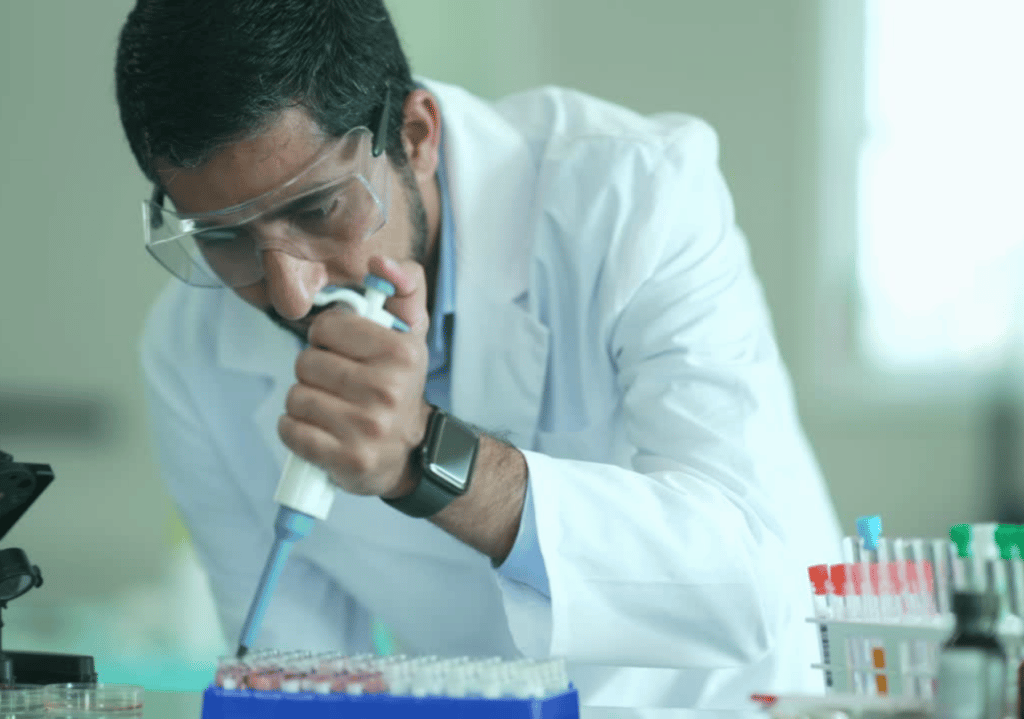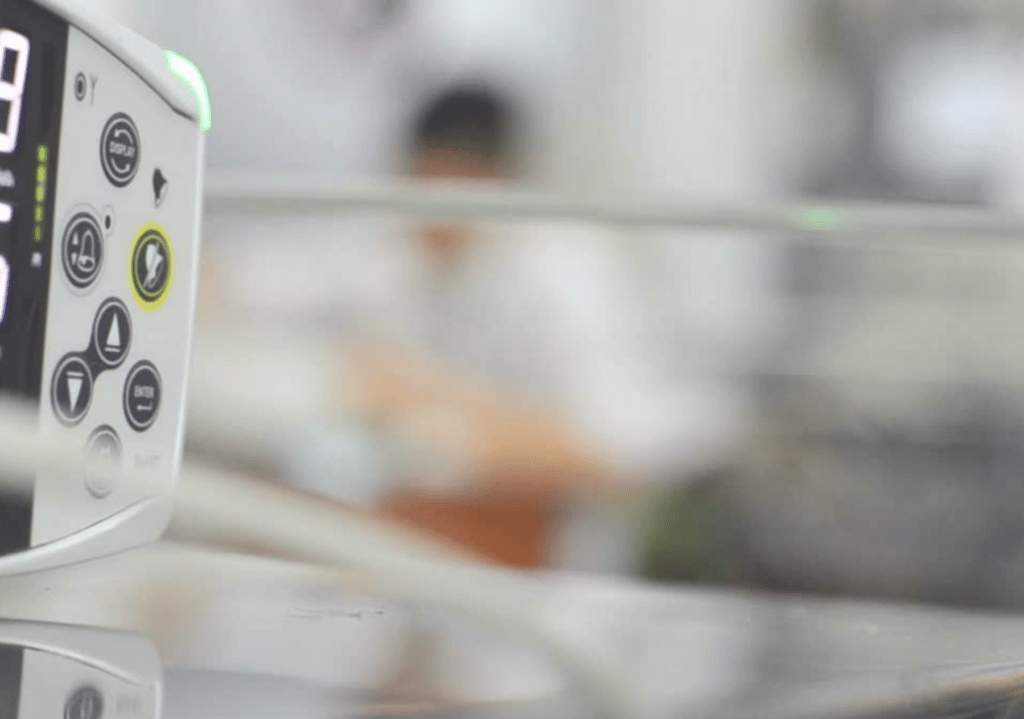- Research
- 2022-2026 Research Strategy
- Open Clinical Trials
- Closed Clinical Trials
- What is a Clinical Trial?
- Why Participate in a Clinical Trial
- Remote Telehealth Pre-Screening Process
- Research Achievements
- Publications
- Research Development and Funding
- Participating Institutions
- International Collaboration
- BCT Trials & Projects Summary
- Translational Research
- Clinical Fellowship Program
- International Fellowship Support
- Annual Scientific Meeting
- Travel Grants and Awards
- About
- Our Impact
- Fundraise
- Donate
- Researcher Login
- Cart
Research and Trial Participation Terminology
Breast Cancer Trials has a number of animated videos available which help explain key terms used in clinical trials research and common questions that are asked by potential trial participants.
These videos can also be used for anyone wanting to further understand different types of treatments and the clinical trials process.
We currently have eight videos available:
What is Informed Consent?
Informed consent ensures that all potential study participants are provided with key information about a clinical trial, in order to make an educated decision.
What is Tissue Banking?
Tissue banking provides researchers with material to study different cells, cancers and potential treatments as new tests are developed.
Potential Advantages of Participating in a Clinical Trial
Many clinical trial participants are motivated by the possibility of improving treatments and outcomes for people diagnosed with breast cancer in the future.
What is De-escalation of Treatment?
While many clinical trials focus on developing new treatments for cancer or using existing treatments in new ways, some clinical trials have a different focus: to reduce the amount and intensity of treatment, whilst maintaining equally good outcomes.
Ensuring Participant Safety in Clinical Trials
Clinical trials conducted by Breast Cancer Trials are widely recognised for their high-quality patient care and practice-changing results. All new treatments or prevention strategies must be rigorously tested in clinical trials before they are made widely available in the community, with patient safety being the highest priority to our researchers.
What is the Approval Process for New Treatments?
Some of the strongest evidence about the quality, safety and effectiveness of medicines comes from clinical trials, which find out how well the medicines work and their side effects. It can take many years to develop a medicine and to gather enough evidence for it to be approved for use.
How does a Medicine get on the PBS?
Further evaluation and approval is required to make medicines available for a subsidised cost on the Pharmaceutical Benefits Scheme (PBS) in Australia, or Pharmac in New Zealand. In Australia, the Pharmaceutical Benefits Advisory Committee (PBAC) makes decisions about public funding of a medicine on the PBS. In New Zealand, Pharmac receives recommendations from the Pharmacology and Therapeutic Advisory Committee (PTAC).
How is Patient Confidentiality Ensured During Clinical Trials?
Before participating in a clinical trial, you will be asked to read and sign a ‘Participation Information and Consent Form’ document. By signing it, you are agreeing to the collection and use of your personal and health information for research purposes.
If you have any questions or suggested topics that you’d like us to explain in a short animated video, let us know at media@bcrials.org.au.









